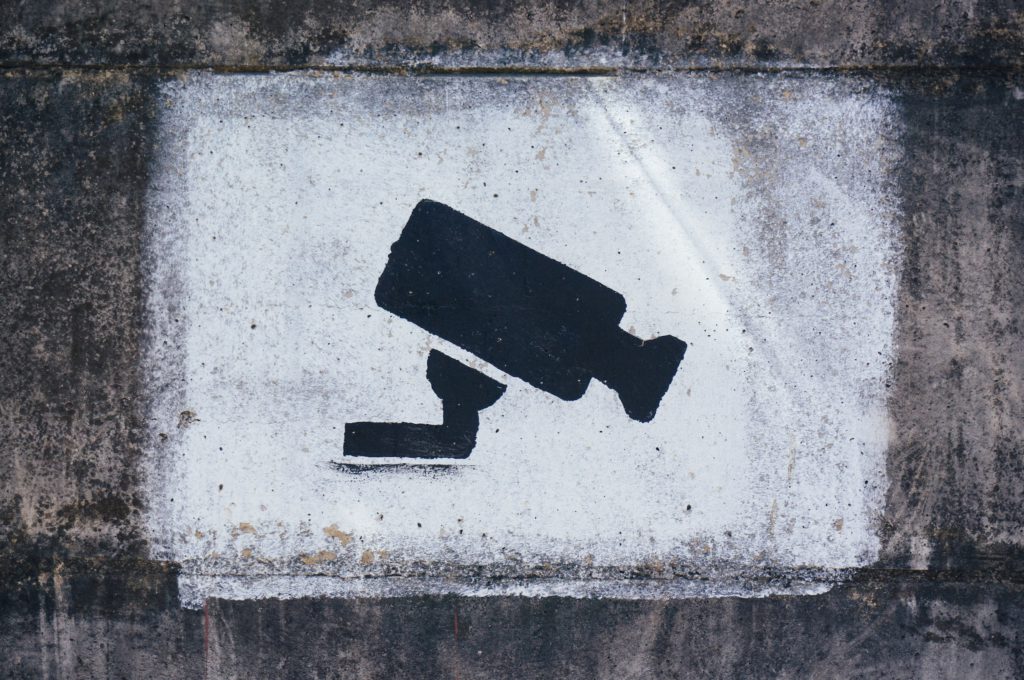
You may have seen the recent TikTok on checking for hidden cameras spying on you in your your vacation rental, posted by a British cybersecurity researcher who’s best known for stopping a global ransomware attack in 2017. If not, ask your kids. They’ll be happy to pull up the viral video, and add yours to the more than 15 million views it’s received in little more than a week.
Whatever your thoughts about the simple but unsettling video, its impact is undeniable. The hacker’s soft-voiced tour of a sparsely furnished room seems to turn up secret cameras installed everywhere from the clock radio to the wall-plugged power adapter. And it has spawned stories in the Washington Post, Newsweek and across numerous news outlets and blogs. Comments on these stories range from mildly grossed-out to utterly outraged.
While stories about hidden cameras found in hotel rooms and Airbnb rentals aren’t new, the ability of social media to spread stories of secret Airbnb spying is growing. Which means that vacation-rental property managers need to expect that their guests may be worried about hidden surveillance. And they need to meet that worry head-on, with reassurance and consistent messaging. Here are tips to tackling privacy concerns from pre-stay marketing and messaging to in-stay management.
DO use a privacy-safe noise device.
In the United States, it is unlawful to surveille hotel and vacation-rental guests without their knowledge. Airbnb, Vrbo and other OTAs and booking sites have additional rules. These include where security cameras can be located (no bedrooms or bathrooms, obvs). But to really ensure guests that they are not being watched, it’s best to…not watch them.
Instead, a true privacy-safe noise device can solve the unknown of the in-stay, by measuring decibel levels over time and gently reminding them to lower their volume if needed, while never recording guests audibly or visibly. Privacy-safe noise monitoring has been shown to reduce STR property damage claims by nearly 30%, and save property managers an average of $5,000 per property, per year, in unplanned costs. Look for a noise system that is 100% FTC certified, measures decibel levels rather than identifying sounds, and does not connect to smart speakers (which can and do record guests).
DO list any security devices upfront in listings across all channels.
OTAs don’t just prohibit the use of security cameras in specific areas. They also require that hosts indicate the presence of all security devices in their listings. But whether it’s required or not, it’s always a good idea to let guests know upfront if a property is equipped with security devices, including privacy-safe noise sensors.
Trust plays a huge part in vacation-rental bookings (and return guests). And that trust goes beyond reviews and secure booking transactions. Don’t try to hide the fact that the property has a noise monitor installed. Nobody likes surprises like that. By letting prospective guests know that a property has a privacy-safe noise sensor installed, you demonstrate your care for the property and your commitment to transparency. Not to mention deterring “bad apples” from booking your place.
DO tie noise-monitoring into neighborhood relations.
No guest wants to feel like they are somehow being singled out for surveillance. By making noise monitoring a community-relations and “good neighbor” feature, you take the target off the guest’s back. You also contribute to a larger industry initiative toward preserving the rights of vacation-rental hosts to roam and rent freely, without oppressive and unfair regulation. Does your noise-mitigation system have neighbor-relations-focused language recommendations for disclosing noise monitoring to guests? It should. And you should use that messaging consistently, to disclose your noise sensor, answer guest questions about it pre-stay, and address any issues related to noise monitoring while guests are visiting your property?
DON’T hide security or surveillance equipment inside other stuff.
This should go without saying, both because it’s illegal to do so, and because it’s just…yuck. Plus, as our friend Mr. Hutchins has demonstrated in his TikTok, hidden cameras are really easy to discover (note: he does admit that he has never personally encountered a hidden camera in an Airbnb, but says he has friends who claim they have). More than anything, secretly spying on guests in any way is a violation of trust. And without trust, your vacation-rental property management business doesn’t stand a chance. Nor does the short-term-rental landscape as a whole. So let’s all do our part to be candid, be conscientious, and be committed to transparency and respect, for the comfort of our valued guest, and the preservation of our valuable industry.
Natasha Garber covers short-term-rental industry trends, news, regulations and compliance for NoiseAware. Her posts on STR property management technology, privacy-safe noise monitoring, and licensing laws can be found weekly on the NoiseAware blog.